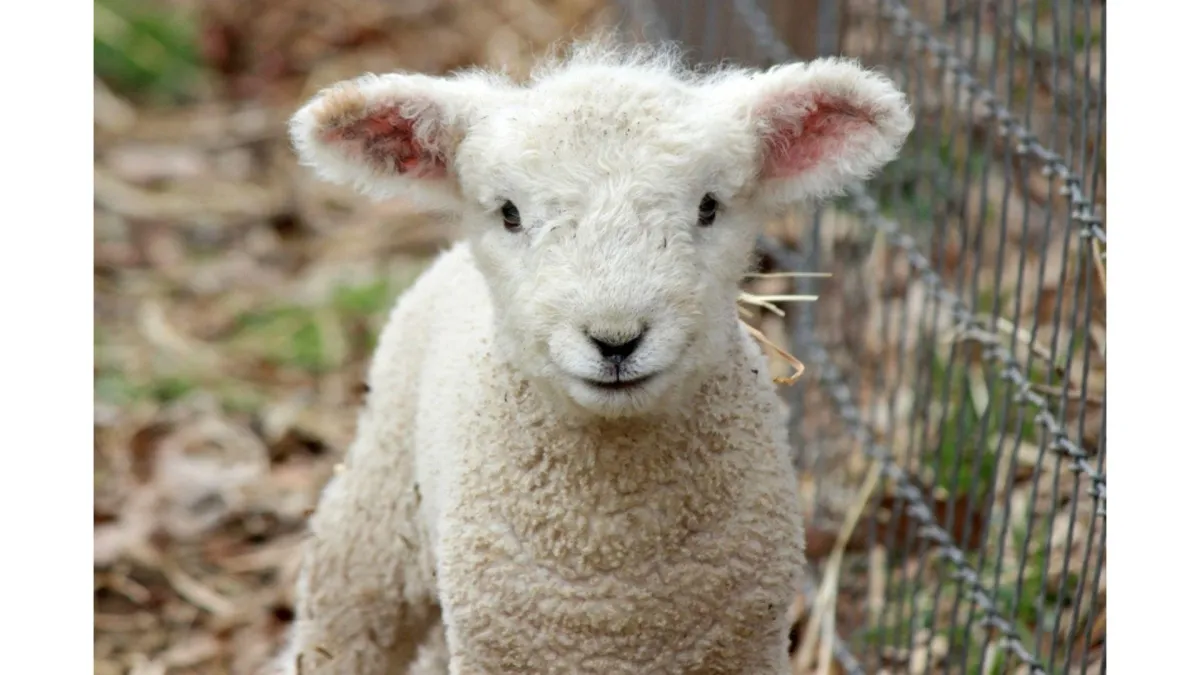
Vaccination - Cost-Effective Insurance Against Disease
Vaccinating ewes against clostridial diseases like pulpy kidney and tetanus provides vital passive immunity to lambs via colostrum, protecting them for up to three months.
Recommended Vaccination Schedule for Ewes
During the hogget stage, give two initial doses (a sensitiser followed by a booster), spaced four to six weeks apart.
Before mating, ensure all ewes have received at least their sensitiser dose.
Each year, administer a booster vaccination approximately four weeks before lambing to maintain high antibody levels in the colostrum.
Continue this annual pre-lamb booster schedule for long-term protection.
Vaccination Timing for Lambs from Vaccinated Ewes
Lambs born to vaccinated ewes do not need to be vaccinated until they are at least ten weeks old. Maternal antibodies present in the colostrum can interfere with the effectiveness of earlier vaccinations.
Lamb Vaccination for Unvaccinated Ewes
If the ewe was not vaccinated, her lambs should receive a sensitiser dose at docking (typically around 10 to 12 weeks of age), followed by a booster four to six weeks later, usually at weaning. In flocks where the ewes have not previously been vaccinated, the entire ewe flock should receive a sensitiser either just before mating or four to six weeks afterward, and then a booster dose before lambing.
Why Vaccination Matters
Clostridial diseases, which include pulpy kidney, tetanus, malignant oedema, blackleg, and black disease, are nearly always fatal. Multivalent vaccines (5-, 6-, 7-, 8-, or even 10-in-1 formulations) are widely used across New Zealand to provide broad protection. These vaccines are given via clean subcutaneous injection into the neck area.
Vaccination for Abortion-causing Infections
In flocks where infectious abortions have occurred, such as from toxoplasmosis, Campylobacter, or Salmonella, consult your veterinarian about using appropriate vaccines. These should generally be administered well before mating, typically four to eight weeks before rams go out.
Other Essential Farm Vaccinations
Horses and ponies should be vaccinated against tetanus.
Dairy cows should be vaccinated against leptospirosis.
Farm dogs should receive puppy vaccines for diseases like distemper and parvovirus, followed by regular adult boosters.
Looking for a Step-by-Step Guide?
Our What You Need to Know to Keep Sheep course includes a practical tips on internal parasites, worm resistance, and routine vaccination schedules. It’s ideal for anyone managing sheep on a small block.
Vaccination Summary
Hoggets: Two-dose primary course (sensitiser and booster, four to six weeks apart)
Ewes: Annual booster given four weeks before lambing
Lambs (from vaccinated ewes): First vaccine at ten weeks or older, booster four to six weeks later
Lambs (from unvaccinated ewes): First dose at docking (10–12 weeks), booster four to six weeks later
Flocks with abortion risk: Vaccinate pregnant ewes before mating (for example, Toxovax four to eight weeks ahead of mating)

